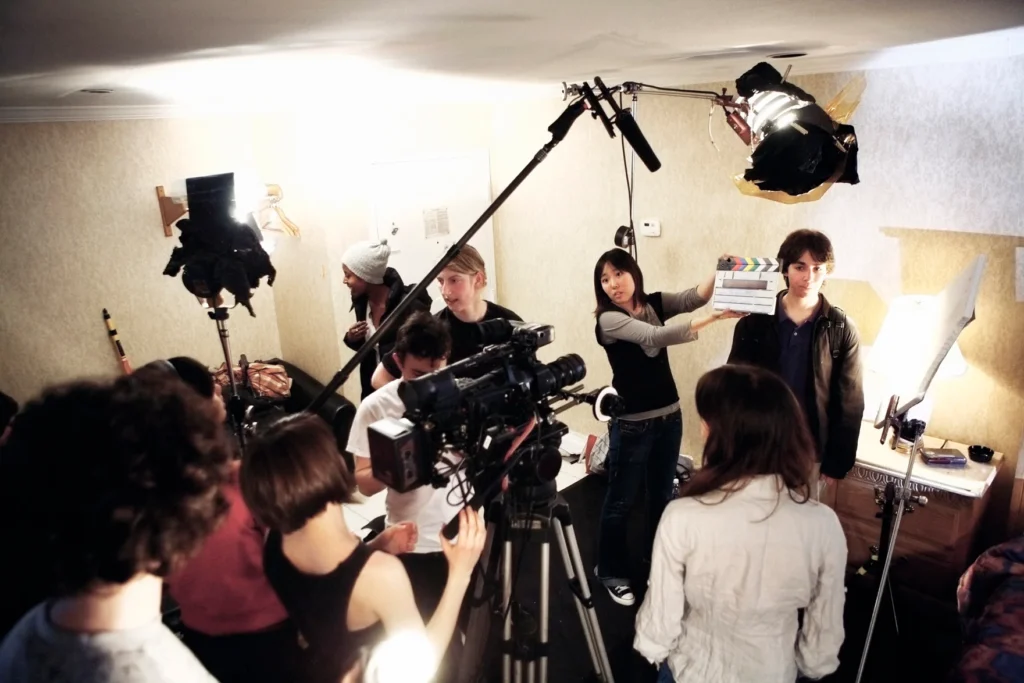Mastering Set Design Careers: A Path to Creative Success
Are you passionate about creating immersive and visually stunning environments? Do you have a keen eye for detail and a knack for bringing stories to life through set design? If so, a career in set design might be the perfect fit for you. In this comprehensive guide, we will explore the various set design careers available, the skills and qualifications required, and the steps you can take to pursue a successful career in this exciting industry.
Set Design Roles
Set design is a vital component of any production, be it in film, television, theater, or other forms of entertainment. It involves creating and designing the physical spaces and environments that serve as the backdrop for the story being told. Set designers work closely with directors, producers, and other members of the creative team to bring their vision to life.
There are several set design careers to choose from, each with its own unique responsibilities and requirements. Let’s take a closer look at some of the key roles in set design:
- Set Designer: The role of a set designer is to design and create the physical sets for a production. This includes researching and conceptualizing ideas, creating sketches and blueprints, selecting props and furniture, and overseeing the construction and installation of the set.
- Art Director: Art directors are responsible for overseeing the overall visual style and aesthetic of a production. They work closely with the set designer to ensure that the sets align with the director’s vision and the overall creative direction of the project.
- Set Decorator: Set decorators are responsible for selecting and arranging the furniture, props, and other decorative elements within a set. They work closely with the set designer and art director to ensure that the decor aligns with the overall vision of the production.
- Prop Master: Prop masters are in charge of acquiring, organizing, and maintaining all the props used in a production. They work closely with the set designer and director to ensure that the props align with the overall vision of the production and are suitable for the time period and setting.
- Set Builder: Set builders are responsible for constructing the physical sets based on the designs and blueprints created by the set designer. They work with various materials and tools to bring the set to life, ensuring that it is structurally sound and visually appealing.
Skills and Qualifications
To excel in a set design career, there are several skills and qualifications that can greatly enhance your chances of success. While formal education is not always a requirement, it can provide you with the necessary knowledge and training to stand out in this competitive field. Reputable institutions like New York University (NYU) and Parsons School of Design offer programs in set design and related fields that can help you gain valuable skills and industry connections.
In addition to formal education, there are other essential skills for set designers to develop. Creativity and design skills are crucial, as set designers need to come up with unique and innovative ideas to bring a production to life. Proficiency in design software such as AutoCAD or SketchUp can also greatly aid in the creation of design sketches and blueprints. Collaboration and communication skills are important for working effectively with directors, producers, and other members of the creative team. Attention to detail is crucial in set design, as even the smallest elements can greatly impact the overall visual experience. Set designers must also be flexible and adaptable, as they often need to work within tight deadlines and budget constraints.
Pursuing a Career in Set Design
To pursue a successful career in set design, it’s important to build a strong portfolio showcasing your design skills and previous work. This can include sketches, blueprints, and any other visual representations of your design concepts. Gaining practical experience through internships, apprenticeships, or entry-level positions in the industry is also crucial for developing your skills and building your network. Networking with other professionals in the field, attending industry events, and joining professional organizations can increase your chances of finding job opportunities and staying up-to-date with industry trends.
Continuous learning and improvement are key in the ever-evolving field of set design. Consider taking online courses or workshops offered by reputable organizations like Yellowbrick to enhance your skills and stay updated on the latest trends and technologies in the industry.
Set design careers offer a unique opportunity to combine creativity, design, and storytelling. Whether you aspire to be a set designer, art director, set decorator, prop master, or set builder, the path to success requires a combination of education, skills, experience, and networking. By following the steps outlined in this guide, you can pave the way for a fulfilling and successful career in the set design industry.
Remember, with passion, dedication, and the right skills, you can turn your love for creating immersive environments into a rewarding profession. Stay motivated, seek out opportunities for growth, and never stop learning. Your journey to a successful set design career starts now.
Conclusion
In summary, set design careers offer a unique opportunity to combine creativity, design, and storytelling. Whether you aspire to be a set designer, art director, set decorator, prop master, or set builder, the path to success requires a combination of education, skills, experience, and networking. Gain relevant education and training, build a strong portfolio, and seek practical experience to enhance your skills. Network with professionals in the industry and continuously improve your knowledge through online courses and workshops. Consider taking the “NYU Business of Entertainment” online course and certificate program to gain valuable insights into the business side of the industry. With passion, dedication, and the right skills, you can turn your love for creating immersive environments into a fulfilling and rewarding profession.








